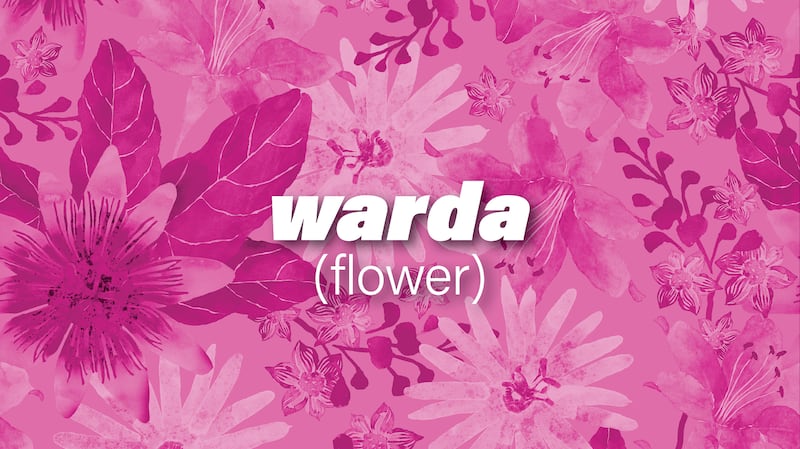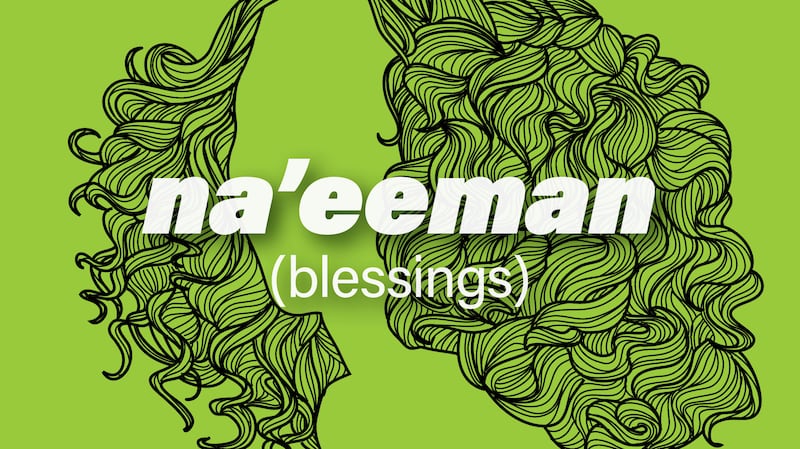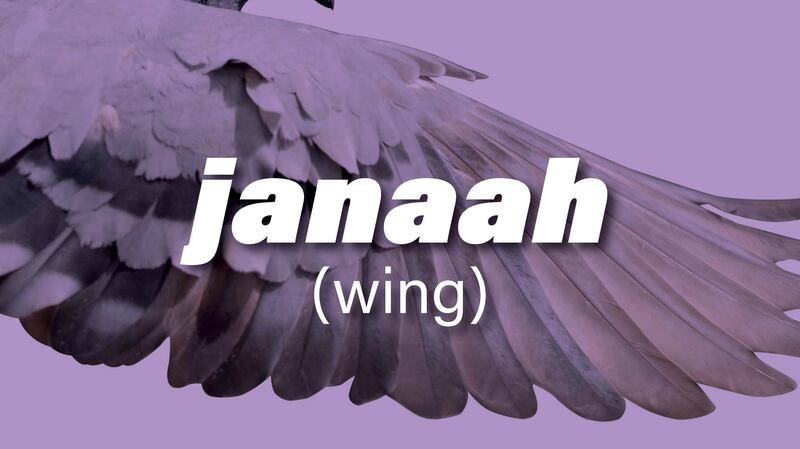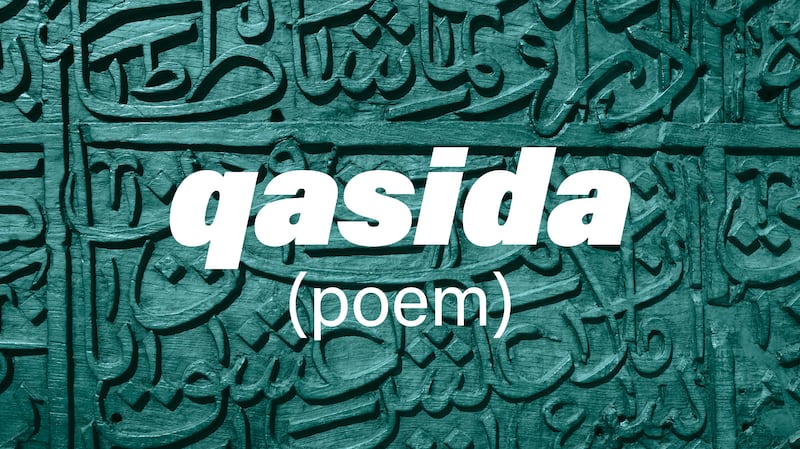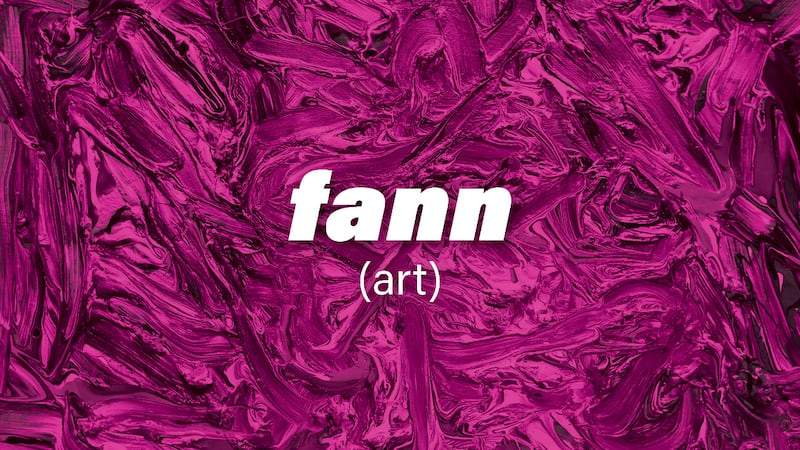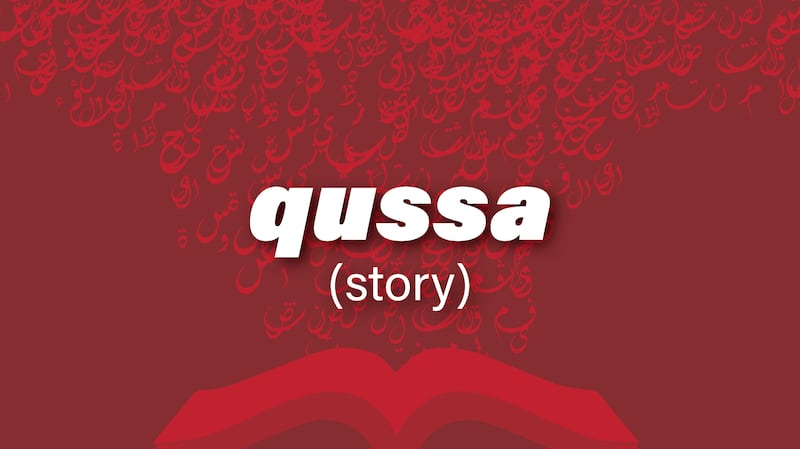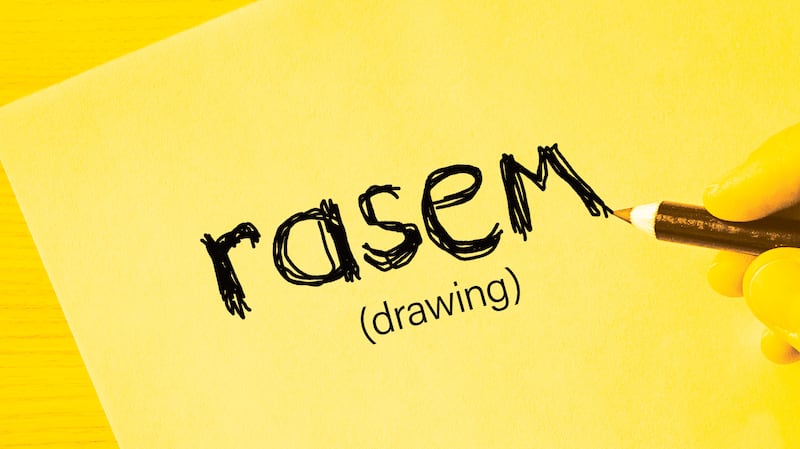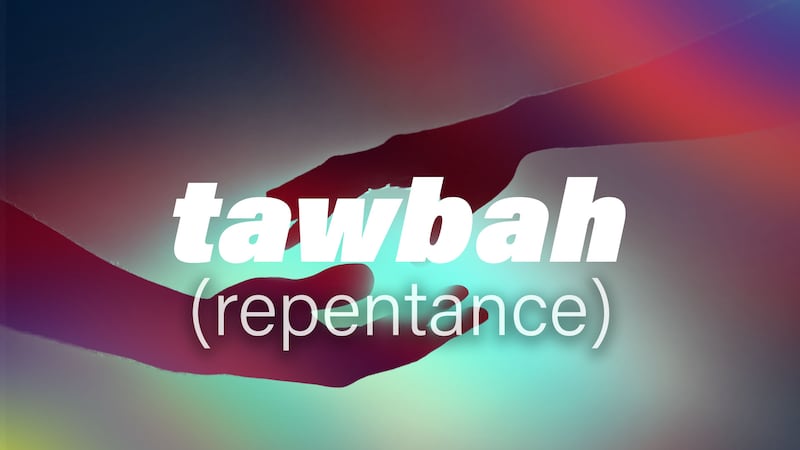In 1935, Lebanese poet Bechara El Khoury wrote the poem Youth and Beauty in homage to Jamila Al Khalil, the first Lebanese beauty queen crowned.
“Envious of you, the flower killed itself, spraying its blood across your cheeks,” one of the lines of the poem says, connecting the beauty of nature to Al Khalil.
The poem was then turned into a song by the renowned Egyptian composer, singer, and actor Mohamed Abdel Wahab, in 1939. It was featured in his film Youm Saeed (Happy Day) in 1940.
Beneath the shock of its imagery, the line in particular is powerful because of the concept of the flower, renowned for its beauty, being envious of a human being.
This week’s word of the week, warda, which colloquially means a single flower, is the subject of many works of art or is used as a motif in literature.
Whether it’s their variety in colour and shape, their healing properties, their intoxicating scents or the fact that they bloom for only a short while, flowers have become a symbol of love and appreciation.
The word warda is a noun made up of the four Arabic letters, waw, rah, dal and tah.
It’s derived from the word warouda, a verb which signifies when something turns red. While usually referring to flowers turning red, it can also be used in other contexts in classical Arabic, as when someone blushes.
While warda means a single flower, it can also refer to a rose specifically and sometimes a design resembling roses. There is another word that also means flower in Arabic, zahra.
While zahra is considered a more botanical word, referring to the species of plant known as flowers, warda and zahra are used interchangeably to mean flowers or roses in most colloquial dialects.
Warda can also mean when something or someone arrives or is mentioned in a conversation or record. While there is no official confirmation as to how warda can mean both those things, one can make an assumption based on another Arabic word derived from the same origin.
Warrada refers to something that blooms – a plant, tree or flower. With that in mind, warda can refer to a flower or someone arriving or appearing, since flowers “arrive” when they bloom.
Wourood or ward is the plural of warda. Interestingly, warda is also the feminine version of the word flower and ward, which also acts as the plural of the word, is the masculine version.
Ward has other meanings associated with flowers.
It describes a specific colour, red with a hint of yellow, seen in the spice saffron or in the sheen on a dark chestnut horse. Used as a verb, it describes the process of the reddening horizon during a sunset.
Warda is also a term of endearment used in some Arabic dialects, in both a romantic and platonic context on both men and women despite the word being feminine. Used in this context, it means someone who is either beautiful physically or in their nature. Warda also has associations to someone being at the hight of their youth and beauty.
Warda is also a name used for women. The most famous Warda was the Algerian singer renowned for her Arabic and Egyptian songs. While known simply as Warda she was also known as Warda Al-Jazairia, which translates to the Rose of Algeria.
